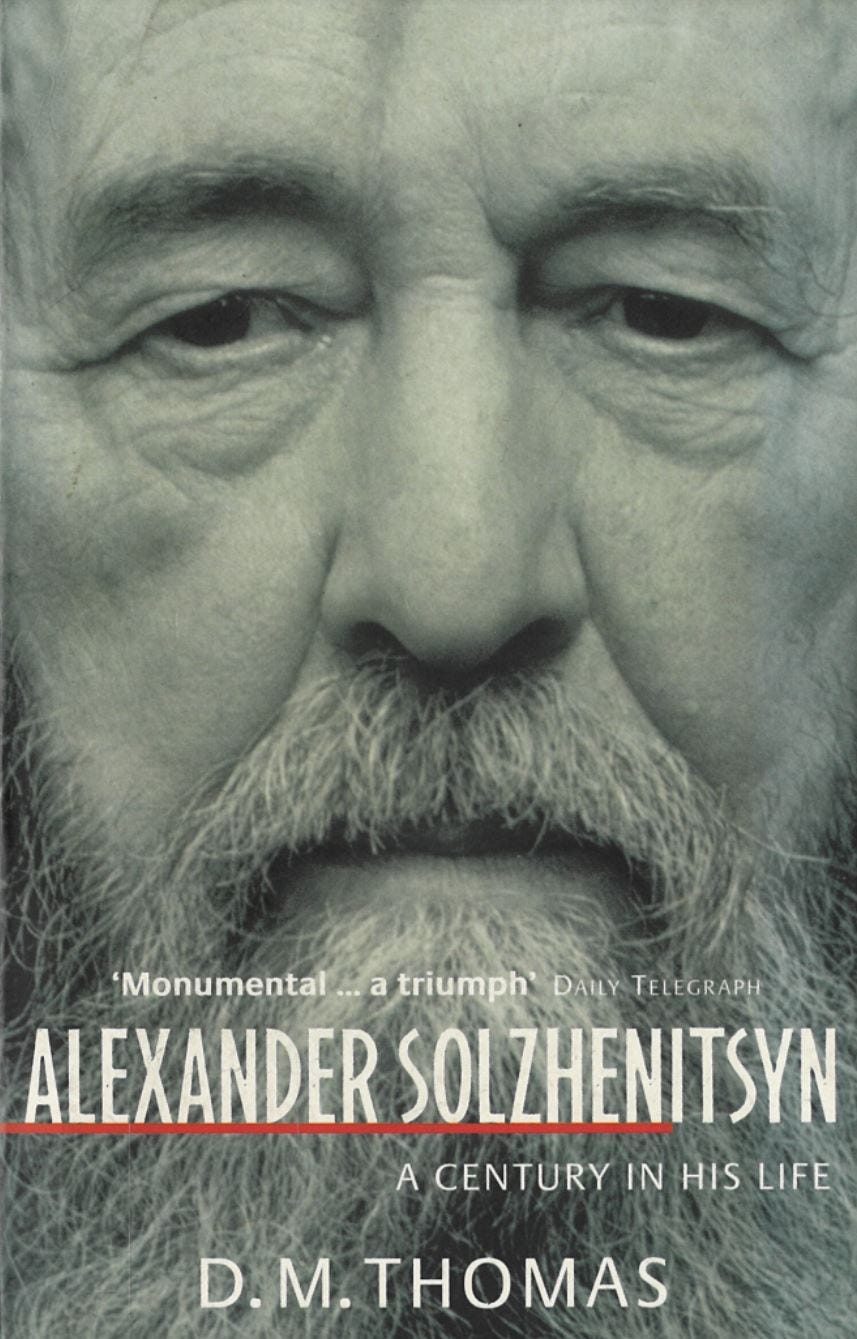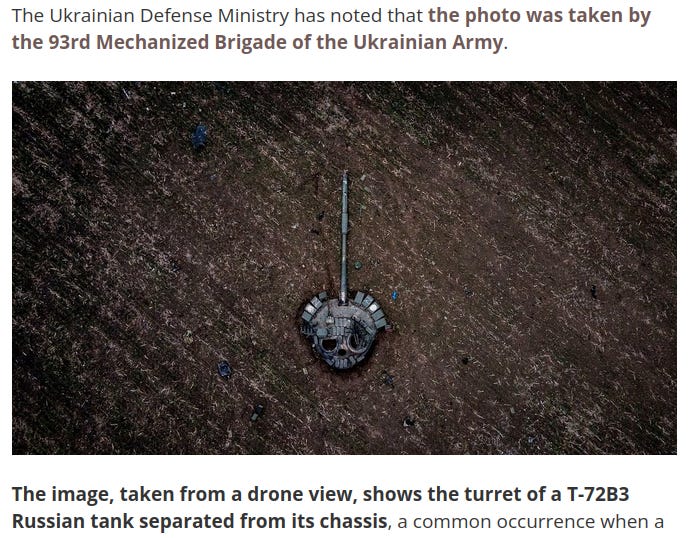Bookending worlds
Books from old forgotten romantic empires read in childhood, Russia and the world

This last week I catalogued this biography and was reminded of the copy of Solzhenitsyn’s The Gulag Archipelago my mother had on the family bookcase at home. I eventually read it and went on to borrow from the state library in Launceston a copy of One Day in the Life of Ivan Denisovich sometime in the early to mid-80s. Then the Berlin wall came down and I forgot about him, as well as all those samizdat punks. There was some new coverage (in the early 90s?) when someone listened to what Solzhenitsyn was broadcasting in Russian on Radio America or similar, and found his words troubling, as it was some sort of reactionary religious critique of everything.
So I caught up by reading wikipedia:
According to William Harrison, Solzhenitsyn was an "arch-reactionary", who argued that the Soviet State "suppressed" traditional Russian and Ukrainian culture, called for the creation of a united Slavic state encompassing Russia, Ukraine, and Belarus, and who was a fierce opponent of Ukrainian independence. It is well documented that his negative views on Ukrainian independence became more radical over the years.[85] Harrison also alleged that Solzhenitsyn held Pan-Slavist and monarchist views. According to Harrison, "His historical writing is imbued with a hankering after an idealized Tsarist era when, seemingly, everything was rosy. He sought refuge in a dreamy past, where, he believed, a united Slavic state (the Russian empire) built on Orthodox foundations had provided an ideological alternative to western individualistic liberalism."[86]
Yeah. Sounds strangely familiar.
Aleksandr Solzhenitsyn once repeated that the misdeeds and culpabilites of the 20th century were because "Men have forgotten God; that's why all this has happened." (Ericson, Edward E. Jr. (October 1985) "Solzhenitsyn – Voice from the Gulag," cited in https://en.wikipedia.org/wiki/Aleksandr_Solzhenitsyn)
Solzhenitsyn was a trained chemist and writer who portrayed the Soviet gulags and the great patriotic war as an inmate and artillery Captain, and later came to the west as a cold-war dissident novelist. He favoured a pan-Slavic presidential-style republic rooted in an Orthodox Christian Russian identity unmarred by the schism of 1666, and blamed both the tsars and the Soviet Union for ruining this potential. His mother's family was of Ukrainian background, but he was vehemently against Ukrainian independence because of this romantic worldbuilding worldview.
Vladimir Putin and Solzhenitsyn got along just fine. The latter died in 2008 aged 89. Currently Putin is alive and well and killing as many Russians as he can for the same dream that Solzhenitsyn saw was the best solution for badness.
There is a criticism made, and strangely made, often from members of a traditional church, however loosely associated, of how communist party membership in the west was really just a surrogate religion. As if it were a bad thing, unlike their good thing.
“It’s just another religion.” They would nod self-knowingly.
As if they didn’t belong to one.
That, these people should wise-up and join a proper religion and not a fake one, in the same way rival football team members chide each other. But, of course, they are not even in the same league, and so, perhaps, more like the way various real football code supporters harass each other.
They are all members aren’t they? (I say this as a non-joiner).
In a soft form this urge to deride a political affiliation as a just another form of something one does oneself for fun, and we can call it identitarian heckling. It goes with being human the way flies arrive with the making of a fecal deposit.
The banter and meaningless argument, often made in jest and in fun, highlights the human need to belong, —in a rough and ready recognition of that. Join our team, our team is proper, and not disgusting.
Pick your colours, pick your football rules, your league, your life. You should.
In this soft form it is not hypocritical, it is almost welcoming.
The red-flag here is the word surrogate, implying a bait&switch fakery and fraud. So in a damning form this means labeling someone’s beliefs/practices as being engaged in unreason, as being dominated by a devout unreasonable piety knowing no quarter, and so beyond whatever nominal understanding any normal person has, as the true believer commits to and work for the party/church/cult/sect… —that one may never leave.
The pivotal term here hinges on notion of religious “reasons” as pathologically subservient to some madness. Madness being the lived reality of an unhealthy worldbuilding soul.
Yes, they say, communism or atheism is “really just” another religion but in a bad way because they no god it.
This is the first book end.
The second bookend, is a related phrase about spirituality, and peeps wishing to be spiritual but not "religious". Not in that bad way which both religions and secular belonging-ing might be subject to. Whether this badness judges clericalism or child abuse is not always clear.
As if we can take the religion out of religion in a cosmic belongingness or wellness market in some non-sectarian empire and just have… --- what?
Spirituality.
What's that? Is that anything at all? Or? Like?
Obviously it is not membership in a pan-Slavic orthodox realm of pre-schismatic god-rememberers? Anyway, how would one do that without a non-roguish government department like the Orthodox Church. (Solzhenitsyn condemned the frivolous nature of capitalism’s marketplace. )
So it seems “it”, this non-religion based spirituality, is some sum of all our own individual pathways to enlightenment, a sort of ur-anarchist utopia of spiritual potential in union with divinity writ large, or just the potential itself? Measured in spirit volts perhaps. Immortality as a nut milk substitute. The philosopher’s stone as a shakti mat.

These two views, that of the non-religion religiosity of the party as religion, and the non-religiousness spirituality of the self-care market both hinge, not on ghosts and animating principles almost beyond all gnostic ken, but on a worldbuilding want more generally labelled as “belonging”. A want that does not care what the outcome is.
It certainly has no want to be consistent.
We spin and spin and whirl into betterness but even then, the moral world building urge does not care about any erstwhile stupidities, people just do them, and then we complain about people doing them in the same way we do them in complaining about what peeps should do, when they don’t. Evolution don’t care as long as we do this inclusive exclusive dance. And certainly not about the details of the steps or the accessories one wears, that Chicken Little worries about.
This urge, this want, this thirst, this hunger, this drive is very hard to point out. Like the way we see without seeing our eyes, or hear without hearing our ears, but to see our eyes, to hear our ears, can be hard to do. Let alone see seeing, or hear hearing, without being there as oneself.
While self-consciousness revolves around exactly this sensitivity to sensitivities we have no name for it except me and you.
Don’t you see? Look at me, hear me. I speak the language good pronouns, you and me.
All that talk and gesture-sense is the world. Should be the world. Even when you ought not, you will, and we should it into being. A world in a grain of ear.
So when a vision as plainly put forth as Solzhenitsyn-Putin’s pan-Slavic Orthodox insanity (there are no Ukrainians -just Russians and n-word Russians who live outside Moscow), or completely lost in a mist of individual souls floating about like yoga mats in a tornado farting in the marketplace, the want will not (dare-not) speak its name, for it will always dare speak its name, even when it has no name that we can tell.
I try to tell but…
I have a great deal of trouble even pointing to it because of all of that… history. As if the holy of holies must not be built with profane words about itself, but only with holy words that must not or cannot be spoken because they are holy.
The… —gap.
The idol-maker proudly holds it all in until the silence bursts out, like a log in you own eye.
Now that is what I mean by non-practicing agnosticism.
Religions are practices believed to be more than beliefs.Spiritualitiness is less than faithful/religious reproductions of identity.We don't even forget it.
We don't even remember it.
We almost never notice it except in outcomes among us, and visions of those outcomes re-purposed into a higher realm or self.
Spiritualitiness has “forgotten” its urge because it has never even remembered it. Not even.
We rarely notice it as itself, and when we do it is of no use to the empire builders, they discard the very rocks that inspire them as they stand on the cliffs looking out on the sands of history, and the ruins of our lives.
Possibly, we can only notice all this, when we fish are taken out of the water that is the world, but then we are dead or dying. And there seems to be no net that lifts every one out at the same time.
This is how you end up with people like Aleksandr Solzhenitsyn and Vladimir Putin being on the same side, but different tides.
Also explains the pains of yoga mat wellness and the prim crinoline evangelicalism of the USA as it verges along its own swerve towards theocracy with slavish characteristics.
They build worlds out of bodies and minds, not knowing what they do… —they just do it.
Sometimes they ask god to forgive them for all this, and he does so by impairing our memories in order the repeat the mistakes in a new Eden, and Solzhenistyn says we have forgotten god at this point, so what we need then, Solzhenistyn says, forgetting himself, is a victim empire, that'll fix it.
And so it goes.

We have a want to build worlds, this as integral to us as our bodies want food, and more so than the clothes we wear or discard.
As a primary need "shelter" is a poor flimsy thing compared to "world". Shelter is what we seek if we have no world.
Alone.
We inherit worlds with our first breath, and in building a life together we forget what we are doing exactly. Did we forget? What have we forgotten? And old men in beards say we have forgotten their favourite thing.
It must have been old men in beards.
Should we tax beards I wonder, to pay for the armies of good intentions. Should we?
Should? With that urge empire builders gather armies of excuses, and ship hordes of goods filled to the brimming horizons of the narcissist's pool.
And you ponder, what do I want?
[Everybody wants to rule the world]
If anything has happened, we have forgotten ourselves. The world is selfless. The world is a selfless thing. No thing.
There is no need to sacrifice ourselves further. No need to mythbuild self-sacrifice into the selfless world anymore. It is already selfless. There is no need to apotheos-ise this selfless sacrifice of peace or battle into the victim scapegoat godhood of christ. No need to christen the world in a second coming, and call it a glorious empire.
Maybe there is no need to name it, this world building urge, even as I suggest we should, but it's very hard to describe and test otherwise.
So, to repeat, there's no need to believe in a god in order to remember ourselves. No need to believe a god into being our creator in a further act of selflessness, either to avoid responsibility, and turn blame into credit to the glory of god in a war on reality.
Where we ourselves need but nurture the world in childing it.
You can call that the birth of responsibility.
Adulthood can remember childhood, surely?
If not their childbearing.
Crosspoted on whyweshould.loofs-samorzewski.com






